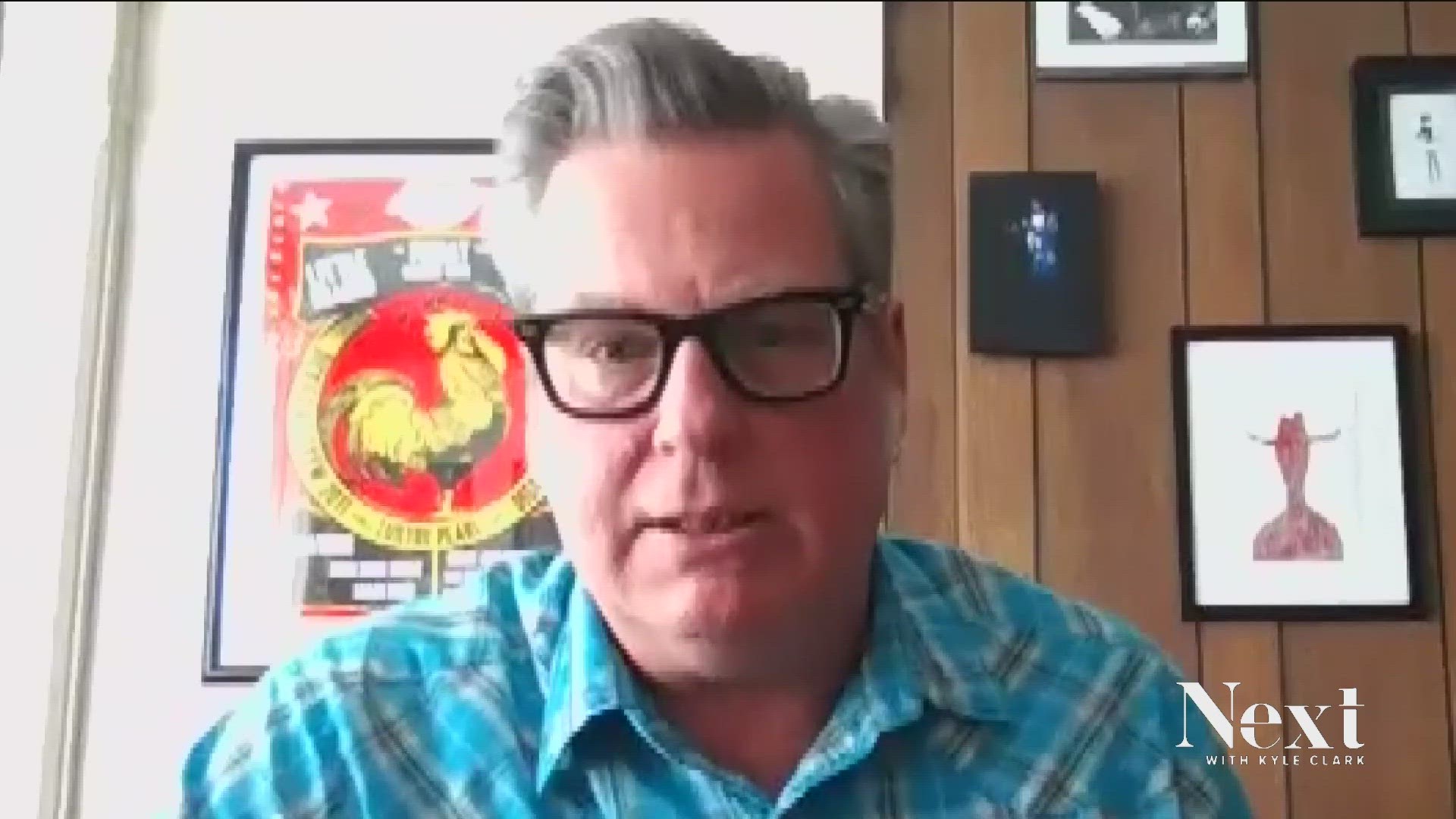GUNNISON, Colo. — Western Colorado University is returning the remains of 25 individuals to Native American tribes, a century after they were taken from their original resting place.
It's yet another chapter in the state of Colorado's slow reconciliation with its fraught history of atrocities committed against Native Americans.
It's not the only effort, either. Just weeks ago, a state-commissioned report by History Colorado revealed that the number of deaths of Native children at Indian Boarding Schools in the 19th and 20th centuries were underreported by nearly 300%.
Western Colorado University will return the remains to four tribes— the Southern Ute Tribe, Navajo Nation, Hopi Tribe and the Pueblo of Zia— with the help of funding from the National Park Service.
The university was awarded an $81,000 grant under the Native American Graves Protection and Repatriation Act (NAGPRA). That money will facilitate the return of both the remains and over 100 cultural objects, which were part of the Peterson collection in Western's CT Hurst Museum.
Western said the collection was donated to Western by an alumnus whose brother had looted them from burial sites in the Durango area in the 1920s and 30s.
It's been a decades-long repatriation project that started in 1990, when a law was passed to speed up efforts to return culturally identifiable remains. Without adequate resources, the efforts stalled until 2017.
The head of the project, Senior Lecturer of Anthropology Dr. David Hyde, said this process will hopefully bring healing.
"I think it's really important for these individuals to go home, because right now they're in a cabinet. That's not where they belong. They belong with their descendants; their descendants should have their ancestors. You know, these are people. These are the remains of people," he said.
Hyde said while there will never be a way to fully correct the errors of the past when it comes to Colorado's mistreatment of Indigenous people, it's a way to try and do right by the individuals and their descendants by getting them home.
"It's part of the healing process, you know, having these individuals come home, getting them out of the museum and back home where they belong," Hyde said. "There is a very, very long history of just really atrocious behavior, and actions, that have taken place."
With any leftover funding from the grant, Western plans to discuss the repatriation of some other material in their collection that may be related to NAGPRA and other objects that, while not necessarily NAGPRA related, are culturally significant to the tribes.
SUGGESTED VIDEOS: Next with Kyle Clark

